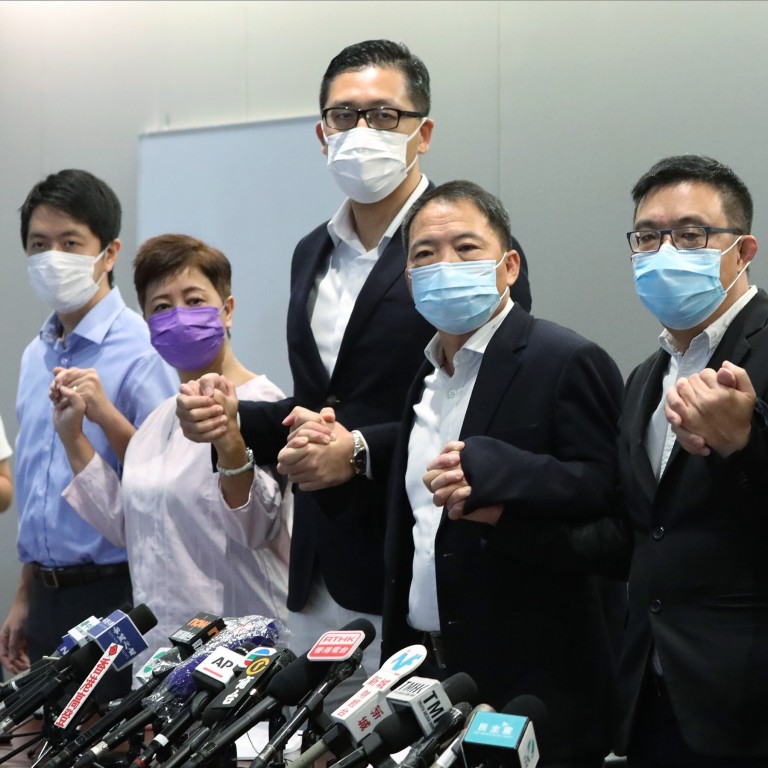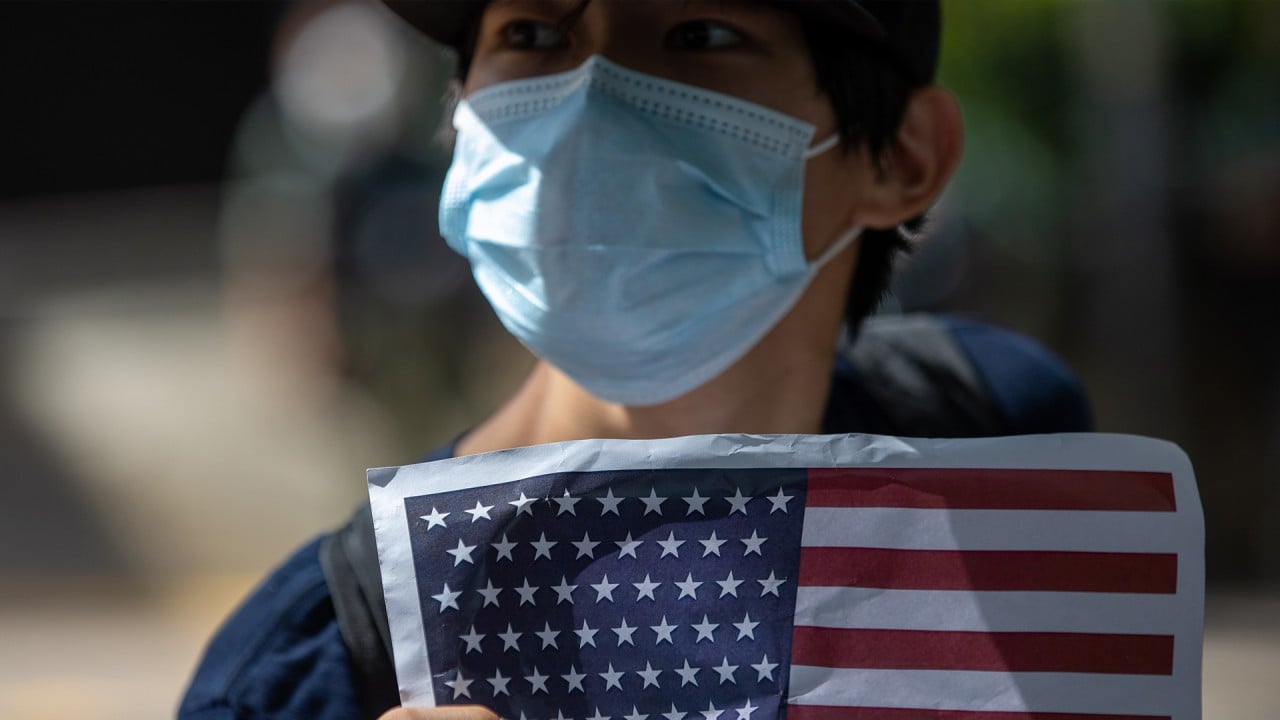
Is the opposition in Hong Kong clever enough to focus on winnable political battles with Beijing?
- Politics, like nature, abhors a vacuum. If no meaningful initiatives are being put forward, someone else is likely to step in, as happened with Beijing and the national security law
- This is all the more reason for the pan-dems to float ideas for Article 23 legislation and an extradition law revamp first
When high school pupils begin to study science, one of the first concepts they come across is the idea that “nature abhors a vacuum”. Normally attributed to the Greek philosopher Aristotle, the idea is that any empty space in nature will soon be filled with something. Thus, water can be induced to go up a tube if a vacuum has been created at the top, and so on.
What generally holds true in physics also applies to other areas of life, such as the political arena: if there are no ideas being floated, no meaningful initiatives being put forward, or no obvious needs being met, that leaves a space which will be filled somehow.
The political prospects for the remainder of Chief Executive Carrie Lam Cheng Yuet-ngor’s term are not very inspiring. Clearly, between now and mid-2022, when Lam is due to step down, there will be no major initiatives to capture the public’s attention or interest. The line-up of her ministers reminds me of Disraeli’s 1872 description of the then British cabinet: “a range of exhausted volcanoes. Not a flame flickers on a single pallid crest.”

02:02
US sanctions over national security law an ‘inconvenience’, says Hong Kong leader Carrie Lam
Paradoxically, this means there is an opportunity for the opposition to offer some initiatives of its own. The question is whether it is clever and courageous enough to do so.
Send it to the administration for consideration with a clear message that they would be prepared to vote in support in the Legislative Council, while also publishing it for consultation with the public.
Yellow or blue, all are being punished in Hong Kong
In this way, a government too timid to proceed on its own could be helped over the finish line. If, on the other hand, the government declined to pursue the matter, the community would be able to draw its own conclusions.

01:15
US suspends extradition treaty with Hong Kong over city’s national security law
We can either tolerate the present situation indefinitely or grasp the nettle and revamp the law so it applies in an even-handed way to the world.
The pan-dems are entitled to complain that these are very controversial areas and they would only be courting public acrimony. I will rely on Aristotle for a response: these are voids, nature will not tolerate them, you must act now or someone else will step in and implement something that you like even less.
Hong Kong elections: why it makes sense to wait a year
I agree that such a precaution is not necessary because Hongkongers are far too sensible to elect someone who could not have a working arrangement with the central government. But, after the events of the past few years, we cannot blame the National People’s Congress Standing Committee for holding a different view.
Such an arrangement wouldn’t be the ideal of universal suffrage, but it would still represent progress. The way would also be clear for universal suffrage for the chief executive election in 2022.
The alternative is staying as we are for the foreseeable future. Is that really what we want? Politics is the art of the possible. We should not waste any more time chasing unrealisable dreams.
Mike Rowse is the CEO of Treloar Enterprises

